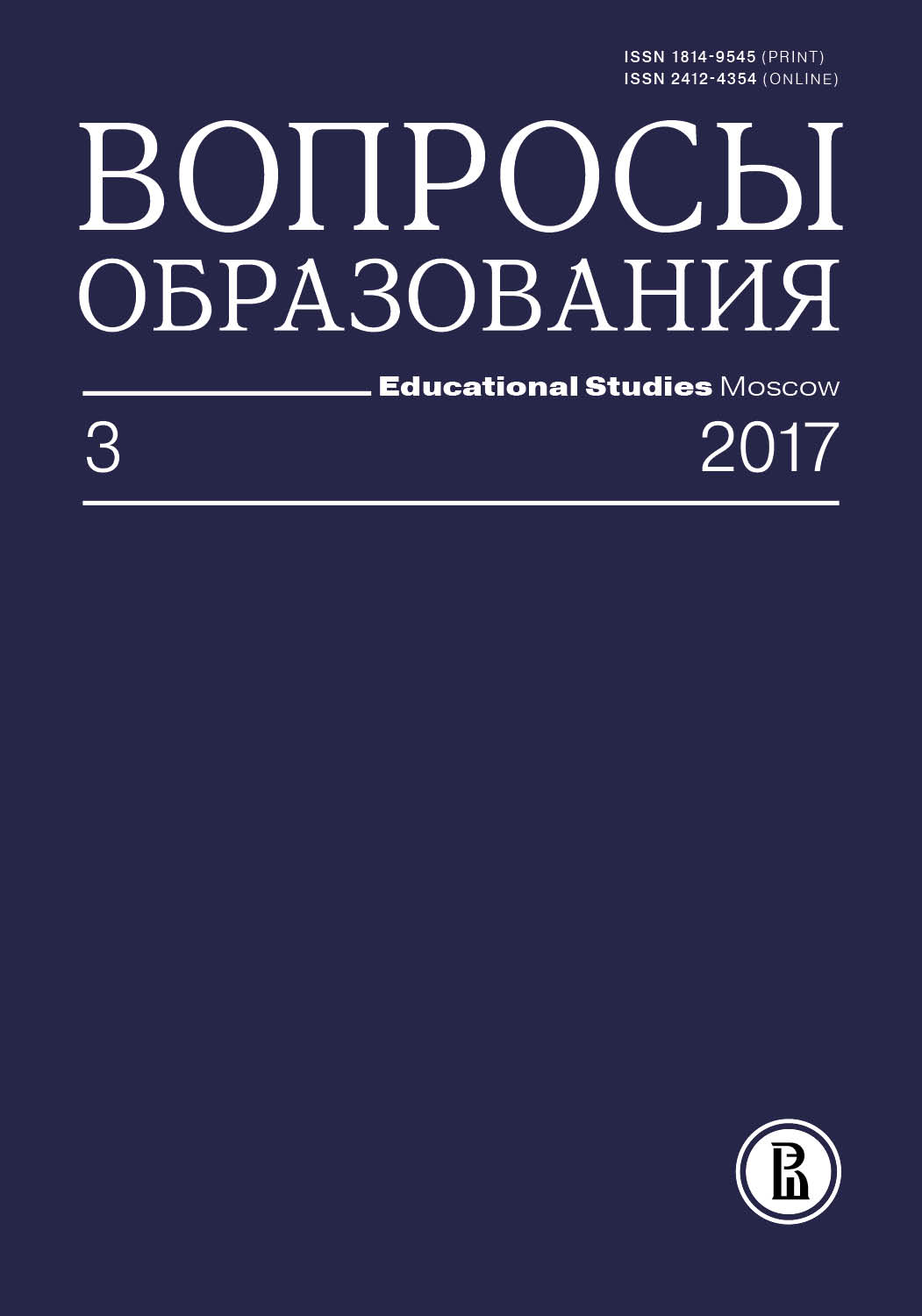Моделирование иноязычного пространства при обучении студентов-нелингвистов: предварительные результаты
Аннотация
Проведено многолетнее (2008–2017 гг.) практическое исследование, в ходе которого апробирована новая модель обучения студентов-нелингвистов английскому языку в условиях аудиторного билингвизма, традиционно распространенного в российских региональных вузах. Необходимость создания данной модели обусловлена неудовлетворенностью профессионального сообщества результатами такого обучения. Статья состоит из двух частей. В первой части кратко анализируется ряд взаимодействующих экстралингвистических факторов, разнонаправленно влияющих на процесс изучения английского языка взрослыми в аудиторных условиях, в малочисленных учебных группах, под руководством преподавателя — неносителя языка, по стандартным методикам. Вторая часть статьи представляет собой описание модели иноязычной среды в едином образовательном пространстве нелингвистического вуза. Задача, которую ставили перед собой разработчики данной модели, состоит в том, чтобы не только снизить негативное и усилить положительное влияние комплекса внешних факторов, но и стимулировать студентов неязыковых направлений подготовки к изучению английского языка через иноязычную социализацию в академическом и профессионально ориентированном дискурсах. Представлены принципы организации модели единого иноязычного пространства и системы единого контроля и оценивания уровней владения английским языком. Проанализированы полученные в ходе апробации данной модели предварительные результаты, выявлены основные преимущества организации обучения по данной модели, позволяющей повысить не только мотивацию студентов-нелингвистов к изучению английского языка, но и уровень владения им.








